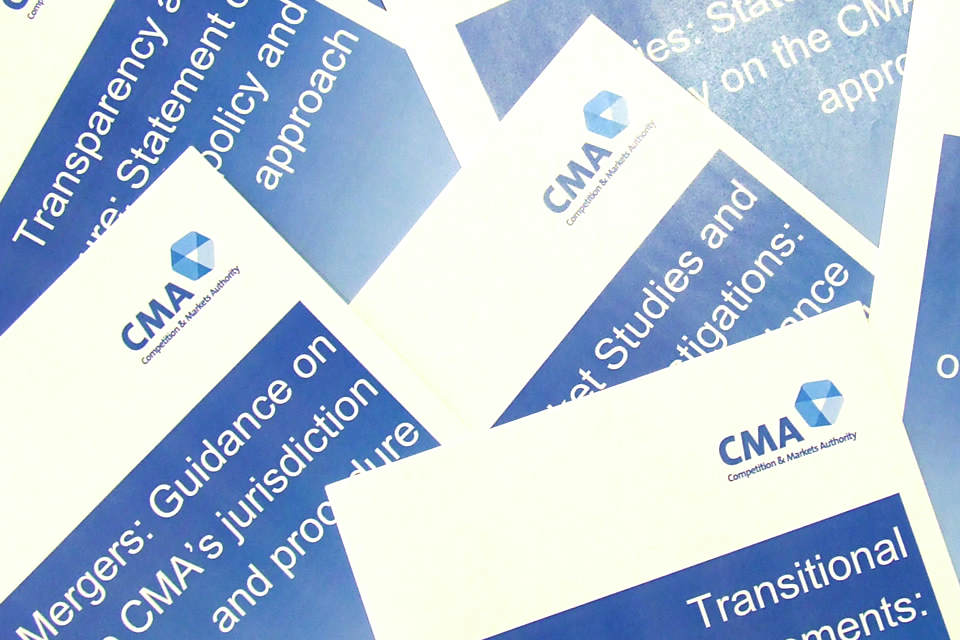In October 2024, the UK Competition and Markets Authority (CMA) published a ‘heat map‘ showing the geographic spread of warnings sent to businesses in the form of warning and advisory letters.
Key points your business needs to know
What are these letters and why does the CMA send them?
The
Register for free to keep reading
To continue reading this article and unlock full access to GRIP, register now. You’ll enjoy free access to all content until our subscription service launches in early 2026.
- Unlimited access to industry insights
- Stay on top of key rules and regulatory changes with our Rules Navigator
- Ad-free experience with no distractions
- Regular podcasts from trusted external experts
- Fresh compliance and regulatory content every day

![What [the heck] is going on with vaccine policy in America?](https://www.grip.globalrelay.com/wp-content/uploads/2026/02/G-Vaccine-signage-2259640793.jpg?w=1024)











